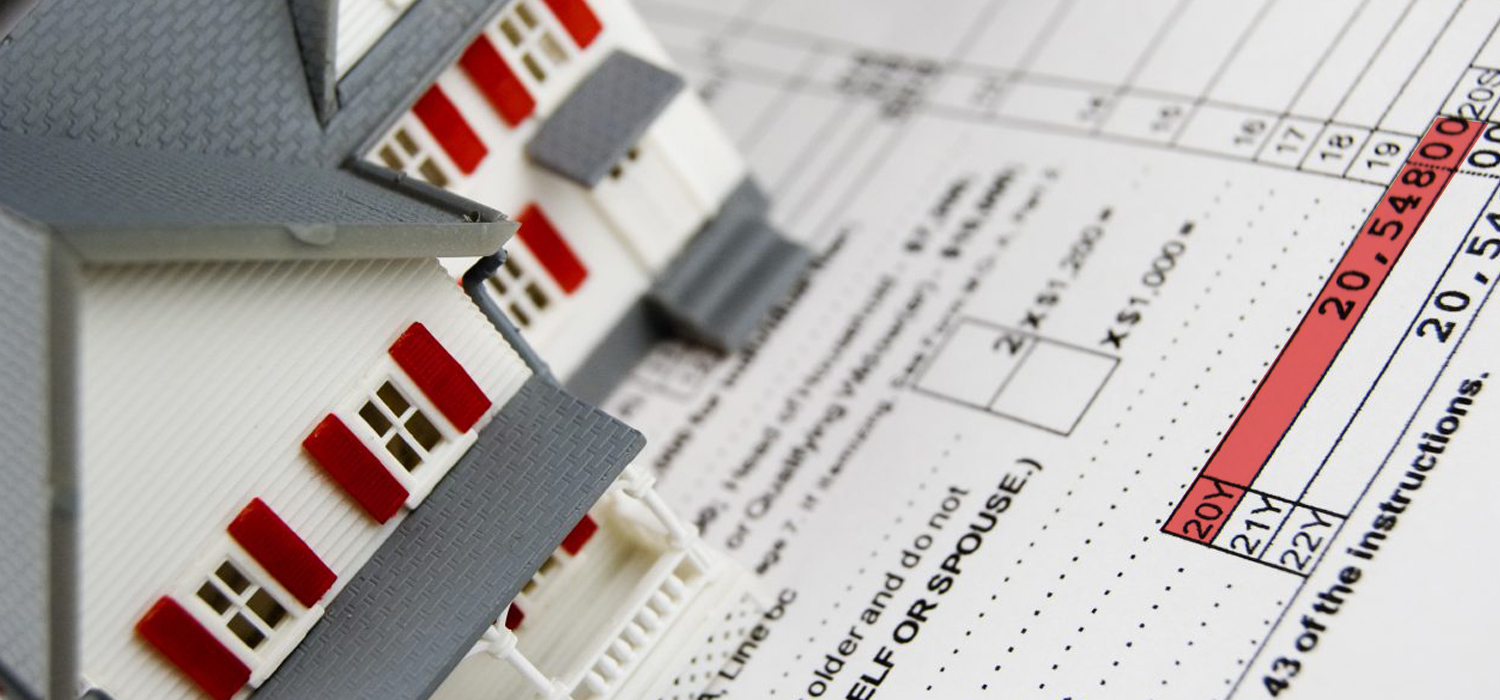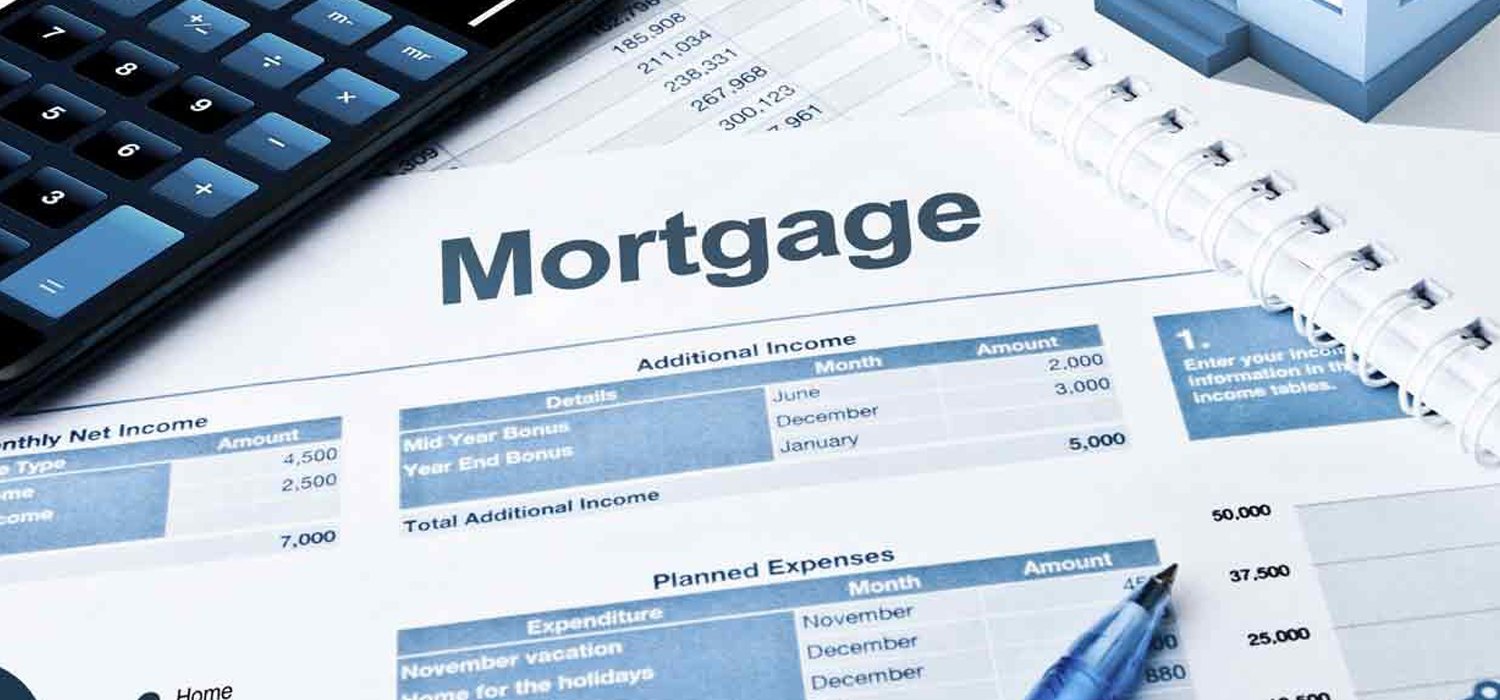Tax Grievances
Real estate or property taxes generally consist of two components - the local tax rate and the value of your property. The tax rate is set by the local authority (i.e town, village, or city) and is generally the same for everyone. The appraised value of your property reflects the opinion of a local assessor, which may be inaccurate. Whenever these factors do not align, you can file various Propert...






